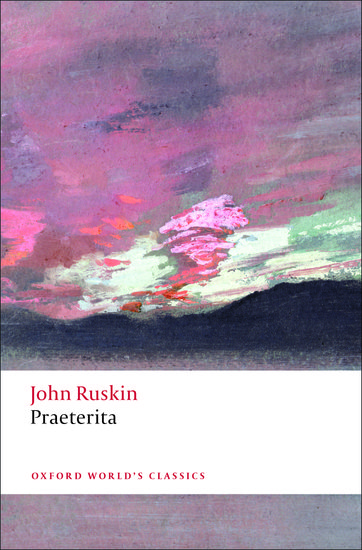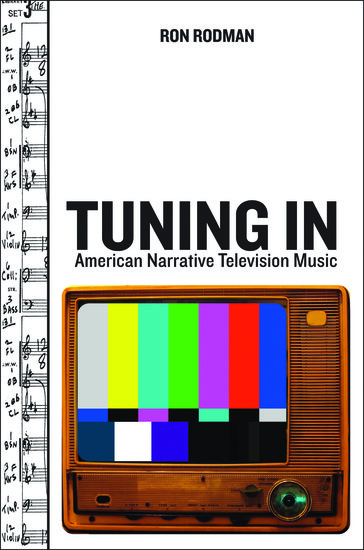Female characters in the Narnia series
What can the reader expect of the Chronicles of Narnia series to reveal about Christianity? According to Former Archbishop of Canterbury Rowan Williams, the Narnia series serves as a refreshing take on what it means to experience the divine in daily life. Christianity is portrayed in a more humanizing light through C.S. Lewis’s imaginative interpretation of Christian doctrine. In the following excerpt from The Lion’s World: A Journey into the Heart of Narnia, Williams examines the portrayal of female characters in the Narnia series.










